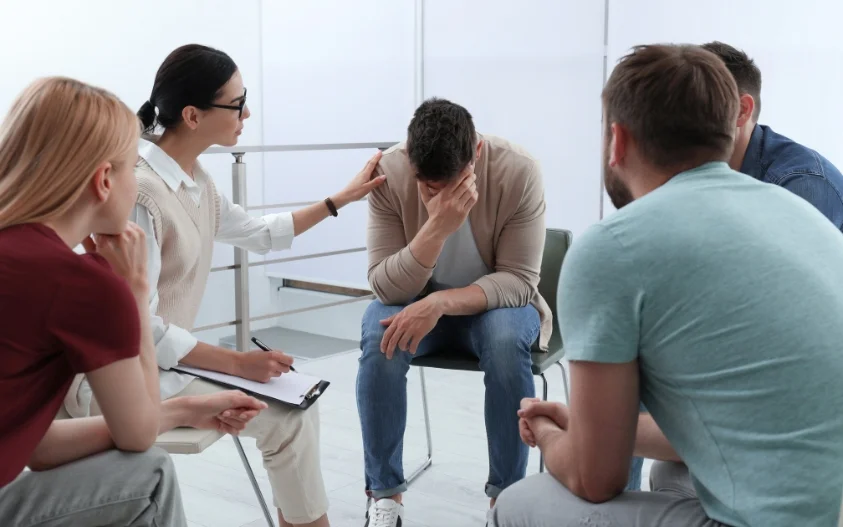24/7 Helpline:
(866) 899-111424/7 Helpline:
(866) 899-1114
Learn more about Ecstasy Rehab centers in Delta County

Other Insurance Options

State Farm

Horizon Healthcare Service

MVP Healthcare

Humana

Multiplan

Carleon

Regence

Absolute Total Care
Beacon

Oxford

WellPoint

ComPsych

WellCare Health Plans

BlueShield

MHNNet Behavioral Health

PHCS Network

Optum

Choice Care Network

Kaiser Permanente

UMR



Colorado Western Slope Counseling
Colorado Western Slope Counseling is a private rehab located in Paonia, CO. Colorado Western Slope C...

The Center for Mental Health
The Center for Mental Health is a non-profit organization and is governed by a board of directors re...































